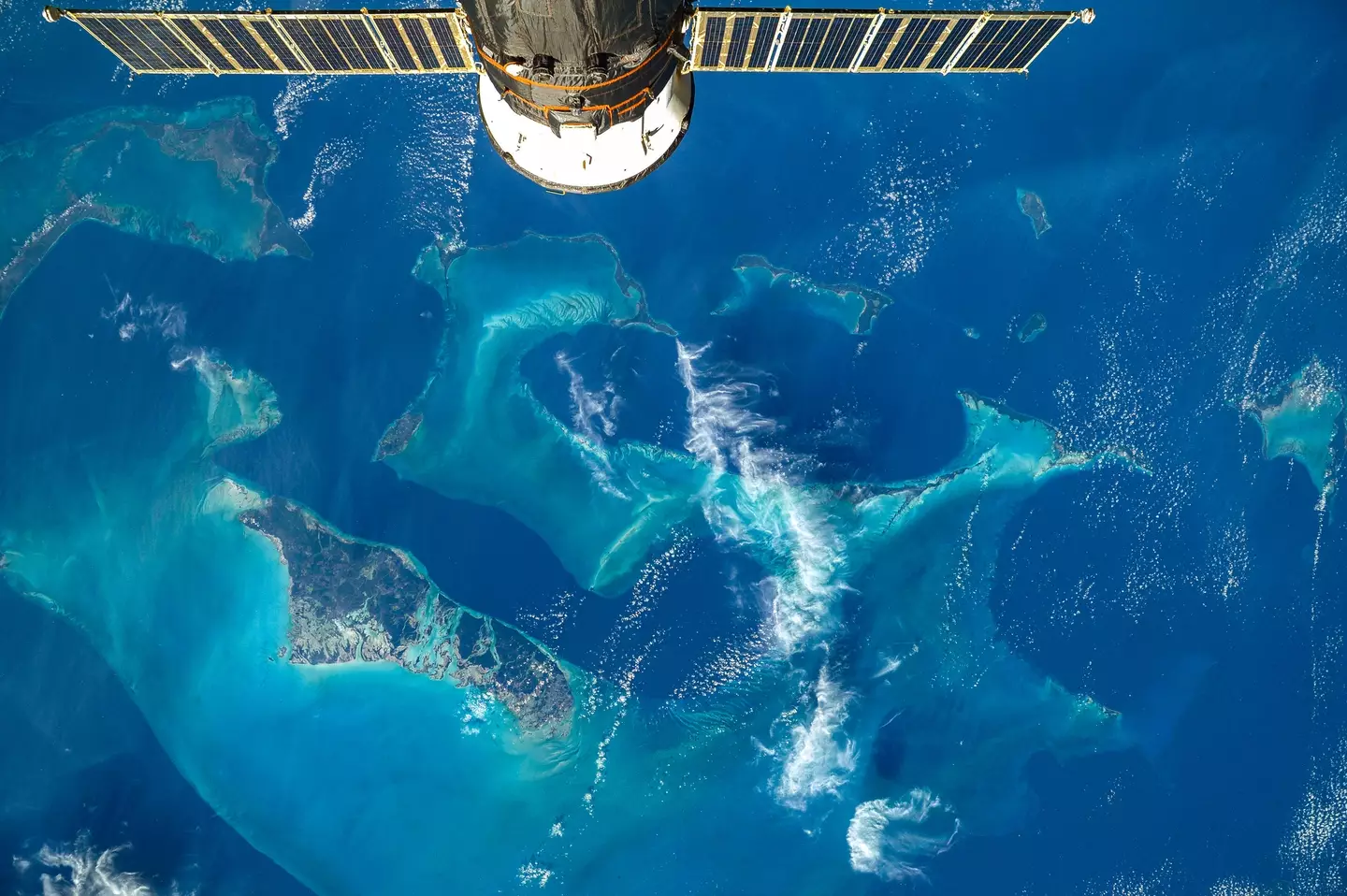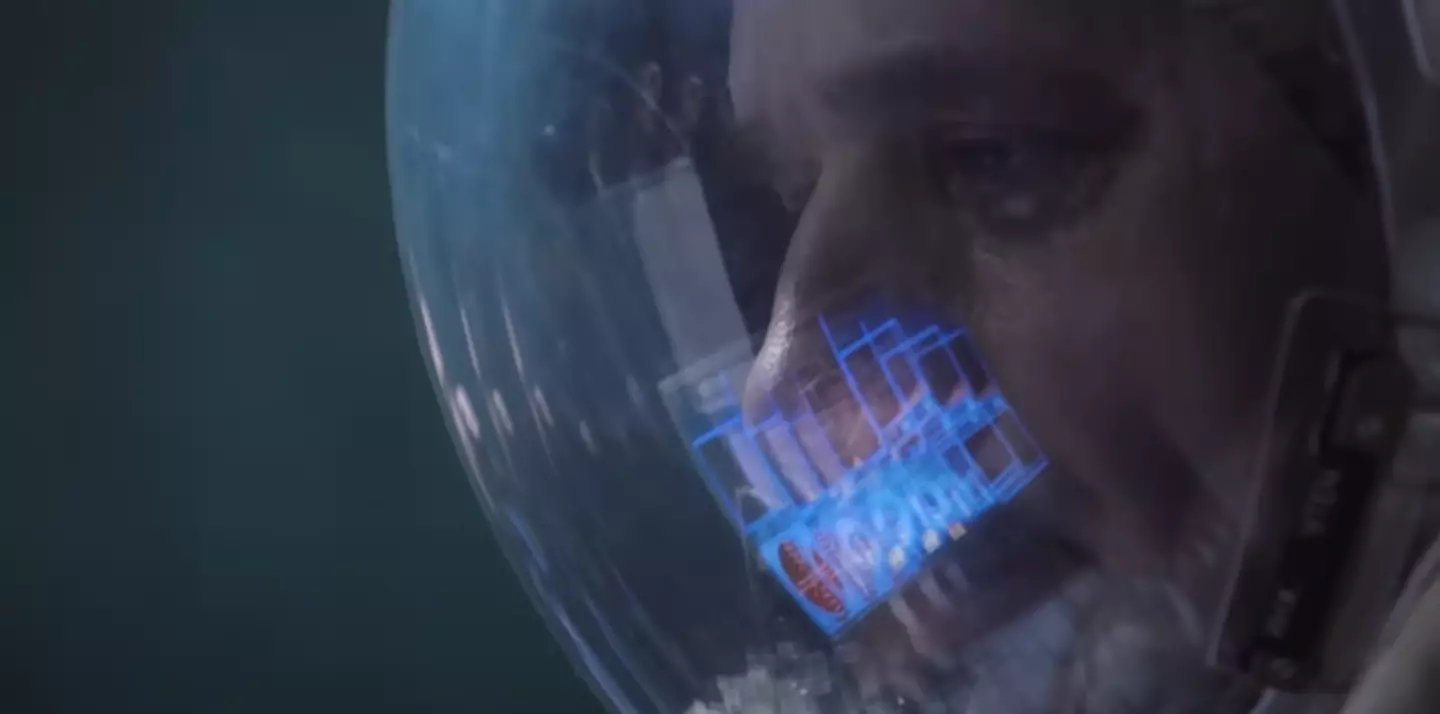
The opportunity to visit space, the final frontier, doesn’t come to everyone.
Whether you're working alongside NASA or SpaceX, it can take up to 2 years of gruelling training to become an astronaut, and not everyone's body is up for the task.
As of November 2023, only 676 people of the world’s estimated population of 8.2 billion people have made the stellar journey, as of the U.S. definition.
Of those 676 lucky, and highly trained individuals, 84% have completed their journey with at least one orbit around the Earth. According to Astronomy.com, only 4% have gone beyond the Earth’s orbit, like that of NASA’s Apollo program astronauts.
Advert
Mikhail Kornienko is one of those lucky people.
The cosmonaut spent almost one year on the International Space Station (ISS) on a mission to study the effects of long-term spaceflights on the human body. The mission lasted 340 days in total, where, alongside fellow cosmonaut Scott Kelly, 357 hours were spent living in space.

While the allure of space travel is something many couldn’t ignore, spending that long away from friends and family, a daily hot shower, can take a toll.
Advert
In a video for National Geographic, Kornienko emotionally explained, ‘Physically it’s possible to get used to being without a shower. A human gets used to things.’
However, while getting used to not showering was possible, Kornienko shares that being enclosed in the ISS for that length of time can create ‘stress conditions’.
In the short video, Kornienko states that he believes that psychologists need to develop a set of measures for those who fly further and spend a longer time in space.

Advert
The cosmonaut requested a camera during his time on the ISS, so he could look at nature-based photos of the Earth — something that was hard to come by over 400km away.
The 'shortage of greenery' resulted in Kornienko hanging up photos of forests, rivers, tree and even mountains to make the flight 'more joyful'.
Mikhail Kornienko’s impressive time spent in space, wasn’t free of hardships. However, like cosmonaut graciously stated to the National Geographic, ‘If we don’t destroy ourselves, the expansion into near space and then deep space will be inevitable.’
Mikhail Kornienko returned to Earth, landing in a Russian Soyuz TMA-18M spacecraft capsule back in March 2016. There, alongside Scott Kelly and Sergey Volkov, the cosmonaut had finally made it back to nature, and back home.
Advert
Ironically, while Kornienko missed Earth and its lush greenery while floating in space, he also began to 'miss space' too.
It seems the grass is always greener on the other side so to speak... even astronauts always want what they can't have!
